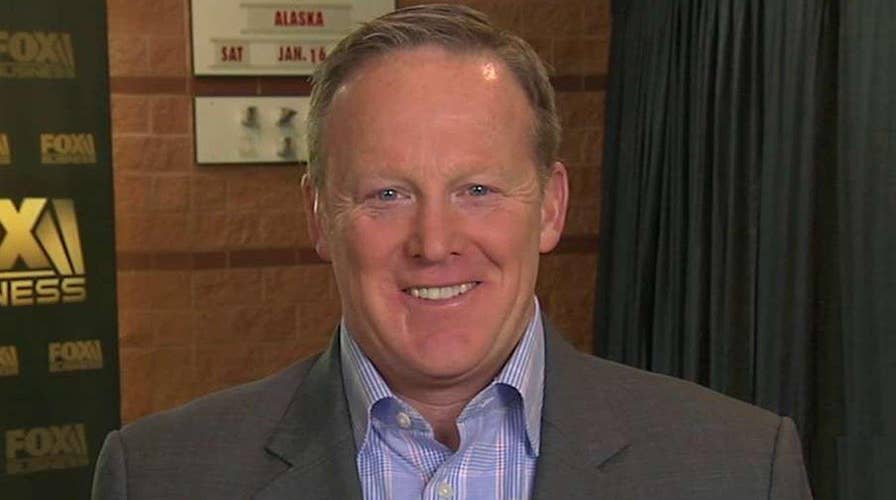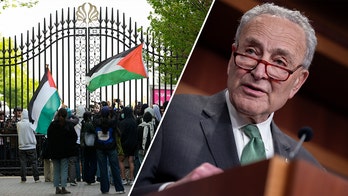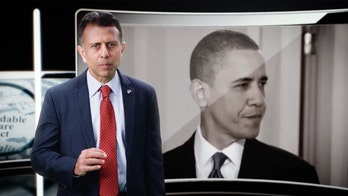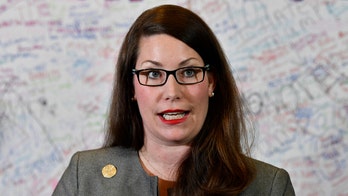RNC on voter anger fueling GOP voters, Clinton's troubles
On 'America's Newsroom,' communications director Sean Spicer talks state of race ahead of GOP debate
The Fox Business debate here in Charleston isn’t billed as a boxing match, but by the time it ends Thursday evening, viewers may not be able to tell the difference.
There is no question that punches will be thrown; the only question is how much blood they draw.
Based on what they did in Milwaukee, I expect Neil Cavuto and Maria Bartiromo to ask civil and substantive questions. Both anchors told me after that encounter, and Cavuto just repeated to the Hollywood Reporter, that debates aren’t about them but about eliciting important information from the candidates.
But this time, that won’t matter.
No matter what questions the moderators ask, Marco Rubio, Chris Christie and Jeb Bush will find ways to pummel each other. And the reason is simple: Each needs to become the so-called establishment alternative to Donald Trump and Ted Cruz. Each would be badly wounded by lousy back-to-back showings in Iowa and New Hampshire. Each has been ramping up the rhetoric and unleashing harsh attack ads.
No way they pass up the chance to do that before an audience that could match or exceed the 14 million people who watched the last FBN debate.
Cruz, who tangled with Rubio at that debate over immigration and surveillance, will be in the mix as well. Given that he’s gently started to raise questions about Trump—as a man with “New York values,” for instance—there might be a jab or two in the direction of the man who keeps harping on his Canadian birth. But it’s more likely that the Texas senator will spar mainly with his fellow Cuban-American and the others.
Trump, if the past is any guide, will hang back a bit and engage mostly in counterpunching. But with Iowa polls now showing him either slightly ahead of Cruz or running neck and neck, we may hear him utter the word Canada once or twice.
For the middle-tier candidates, there’s no point in holding back. Bush, Christie and Rubio have an enormous amount invested in a strong New Hampshire finish.
The last FBN debate was unusually polite because it followed the CNBC debacle, with most of the candidates outraged by some condescending and opinionated questions from the moderators. But the 2016 race is in a very different phase now.
These debates, with their huge audiences, have become winnowing events like never before. That’s why Rand Paul is loudly denouncing the decision to knock him off the main stage and refusing to attend the undercard.
Network criteria can deflate candidates by keeping them out of prime time. Mike Huckabee and Carly Fiorina, who had been in prime-time debates, are in the early-evening faceoff here in South Carolina. Christie bounced back from one undercard appearance to the main stage, while Rand Paul is boycotting the 6 p.m. debate. But time is running short.
These debates have a magnified impact because they dominate the media coverage for as much as a week, with key sound bites endlessly replayed and pundits pontificating about the winners and losers. That echo chamber has helped good debaters such as Rubio, Cruz and Christie, and badly hurt Bush after what were seen as lackluster performances.
That’s why the Charleston debate, along with the Fox News debate in Des Moines later this month, looms so large: Some of the contenders could emerge badly bruised--or worse.





